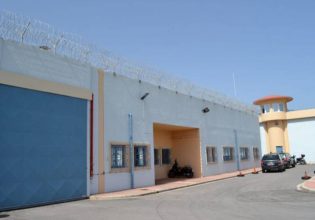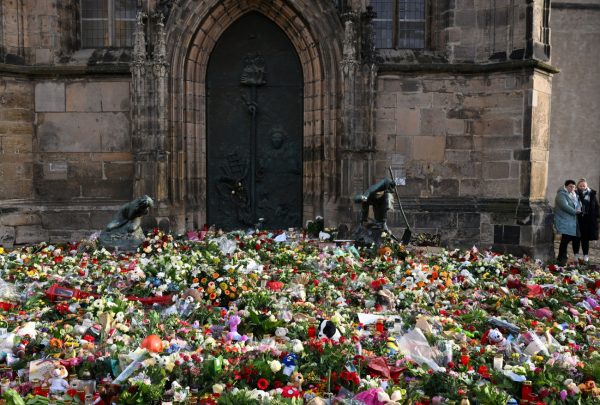
Alarm over demographics: Deaths exceed births
The phenomenon will continue and intensify in the coming decades, according to research by the University of Thessaly
The Greek demographic decline is part and parcel, to a greater or lesser degree, of the whole of Greece and not certain areas. In particular, in the last decade, out of the 325 Greek municipalities, only 56 had positive Natural Balances (more births than deaths), while in 1 in 3 this superiority as a percentage of their population in 2011 was insignificant (less than 1%) . In contrast, of the remaining 269 municipalities with more deaths than births, in 50 of them their Natural Balances exceed 10%, and in 139 5% of their population. Therefore, always based on this indicator, if their Migration balances (inputs-outputs) were zero, then more than half of these “aging” municipalities (139 out of 269) would lose in just one decade 5 to 20% of their 2011 census. These data are the results of research by professors Vyronas Kotzamanis and Vassilis Pappas and are presented in the latest digital issue of the series “FlashNews” created and funded by the Hellenic Foundation for Research and Innovation (and implemented by the ELKE of the University of Thessaly) Program “Demographic Projects in Research and Practice in Greece “.
The two researchers, in this publication on “Natural Balances at national and regional level in the decade 2011-20 and their contribution to the reduction of the population of Greece”, referring to the prospects are not optimistic as they estimate that the deaths will continue to be more than the births for the next two decades as well, while the Natural Balances are not expected to change, remaining negative. This is due, according to V. Kotzamanis and V. Pappas, to two main reasons: 1) deaths, after a first decrease in the following years of the pandemic, will continue to increase due to demographic aging (ie the increase in population) and 2) in the general population), and 2) births are not expected to recover, even if the younger generations stop having fewer children as they get older as the decline in women of childbearing age began in the middle of the 2000s in our country – will continue (the 20-49 year-olds from 2.35 million in 2010, decreased to 1.95 in 2021 and will not exceed 1.7 million in 2041).
As a result, according to the same publication, deaths of the period 2021-40 at the national level will be about 950,000 more than births, while almost all of our Regional Units and Municipalities will have the next two Decades Negative Natural Balances. Consequently, in the absence of shocking upheavals (a new wave of mass immigration of foreigners and, secondarily, a halt to the flight of our young people), the rate of decline of our population will not be halted.
According to what Mr. Kotzamanis noted to state agency AMNA, aging and low fertility will inevitably lead to the further reduction of our population that started a decade ago, while migration can not prevent it, it will only slow it down. At the same time, given that aging is irreversible (and therefore we will have an increasing number of deaths) and on the other hand the number of people coming of age to have children is getting smaller, the only thing that can be done is to take measures to keep young people in our country while giving them the opportunity to make the number of children they want but can not , stopping in a first period the further reduction of births, and, in a second creating the conditions for their increase.
Ακολουθήστε το in.gr στο Google News και μάθετε πρώτοι όλες τις ειδήσεις







![Άκρως Ζωδιακό: Τα do’s και don’ts στα ζώδια σήμερα [Τρίτη 24.12.2024]](https://www.in.gr/wp-content/uploads/2024/12/pexels-sami-aksu-48867324-10075345-600x400.jpg)

































 Αριθμός Πιστοποίησης Μ.Η.Τ.232442
Αριθμός Πιστοποίησης Μ.Η.Τ.232442